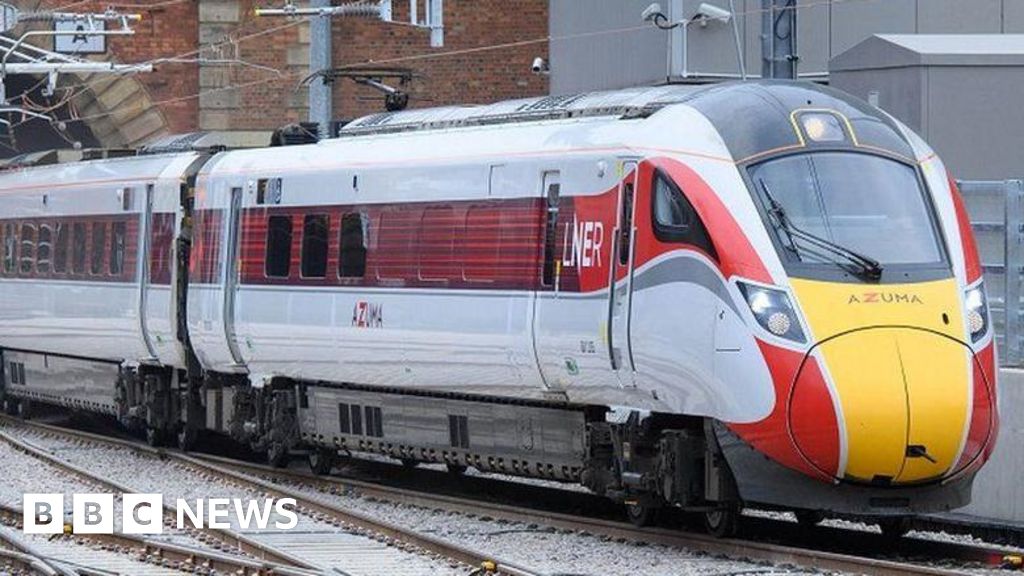Aslef said its member drivers at LNER would walk out every Saturday between 31 August and 9 November and on every Sunday from 1 September to 10 November.
Various railway strikes have led to cancelled services and disruption for passengers for more than two years.
The fresh walkouts, which total 22 days, are separate to the long-running row over train driver wages at 16 train companies, which looks set to be resolved in England following a new pay offer made this week.
Mick Whelan, general secretary of Aslef, claimed the union had been “forced” into taking strike action at LNER.
He accused the train operator of “repeatedly” breaking agreements and of acting in “bad faith”.
Both LNER and the Department for Transport have been contacted for comment.
Nigel Roebuck, who has led Aslef’s negotiations with LNER, said members had complained about being consistently “badgered for favours” by managers “outside of rostering agreements and being contacted remotely”.
“The bottom line is that LNER does not employ enough drivers to deliver the services it has promised passengers, and the government, it will run,” he suggested.
The Aslef union says it has more than 21,000 members and represents 96% of all the train drivers in England, Scotland, and Wales, where it is organised.
Its leadership team is recommending that members accept the newly-tabled offer for train drivers in England, which includes a backdated 5% pay increase for 2019 to 2022, 4.75% for 2022 to 2024, and 4.5% for 2024 to 2025.
In another separate dispute, however, those working for publicly-run Scotrail are currently being balloted for strike action over pay.
Credit: Source link




![AI can boost conversions from your web page — HubSpot’s CMO shows you how [tutorial] AI can boost conversions from your web page — HubSpot’s CMO shows you how [tutorial]](https://knowledge.hubspot.com/hubfs/ai-1-20250605-395473.webp)






